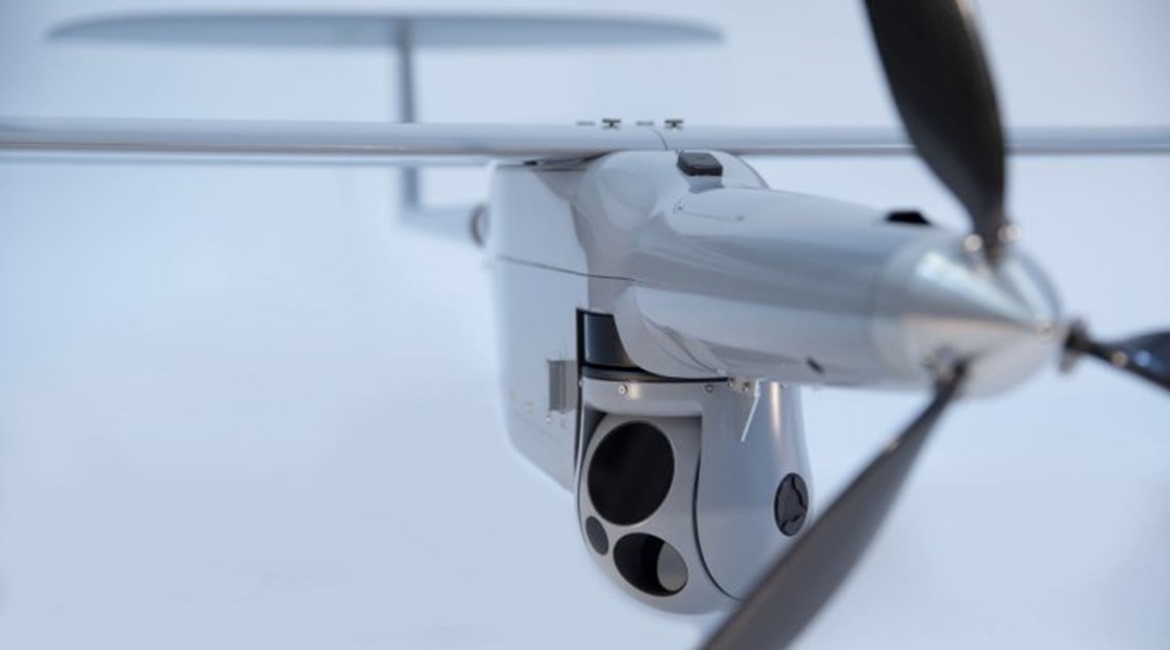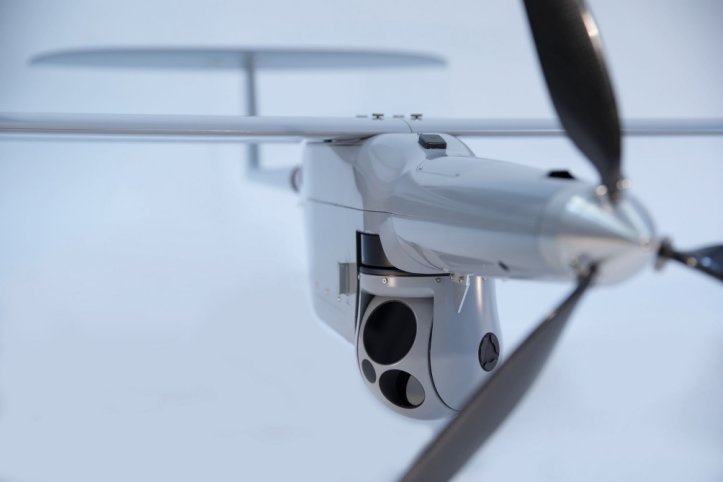
WB Group has offered its FlyEye 3.0 mini-unmanned aerial vehicle (UAV) to assist the Polish government in its efforts to combat the coronavirus outbreak in the country
The company believes that the FlyEye 3.0 could be used to perform airborne surveillance in support of quarantine enforcement as well as deliver critical medical materials to areas with high rates of infection.

The FlyEye 3.0 UAV is being offered to assist with coronavirus mitigation efforts in Poland. (WB Group)
The proposition has been made during an emergency meeting chaired by Małgorzata Darowska, Plenipotentiary of the Minister of Infrastructure for Unmanned Aerial Vehicles Singularity University, in late March.
Jarosław Zając, President of the Board of WB Group subsidiary Flytronic, which developed the air vehicle, said airborne surveillance systems might help law enforcement agencies during quarantine supervision.
“Taking [into] account [our] long years of experience, we won’t hesitate to answer [the] Ministry of Infrastructure’s appeal,” said Zając.
Besides surveillance, WB Group is also ready to supply its latest FlyEye MED mini-UAV that can carry up to 2.8 kg of medical supplies depending on the type of electro-optical (EO) system mounted.
FlyEye MED is derived from the FlyEye 3.0 for civilian applications and has been developed for an undisclosed customer. The company claims that it can travel distances in excess of 50 km and deliver its payload within 15 m of the target, making it suitable for providing on-demand support to medical services operating in austere environments.
The basic FlyEye UAV is backpackable and can be carried by two operators. The air vehicle is capable of automatic take-off from any accessible location, even in confined spaces such as rooftops in highly populated areas. The modular system is also designed for autonomous surveillance and communications relay.
Looking to read the full article?
Gain unlimited access to Janes news and more...






